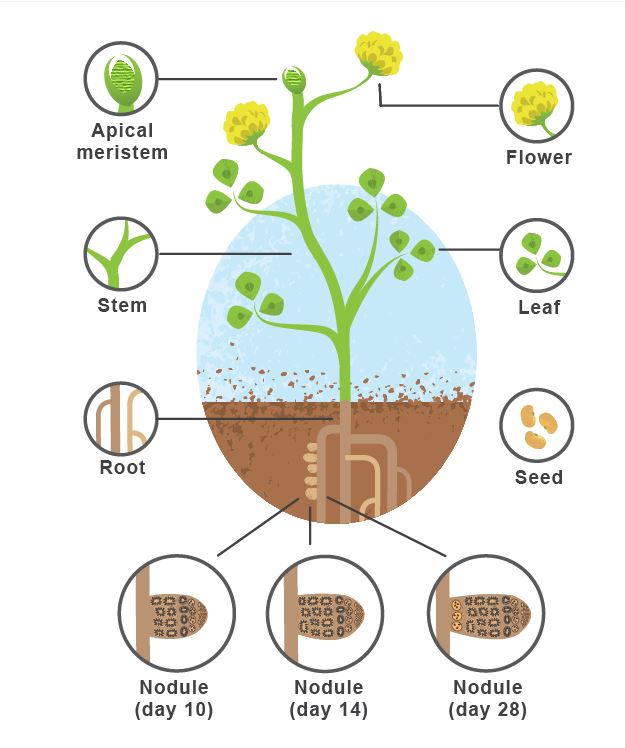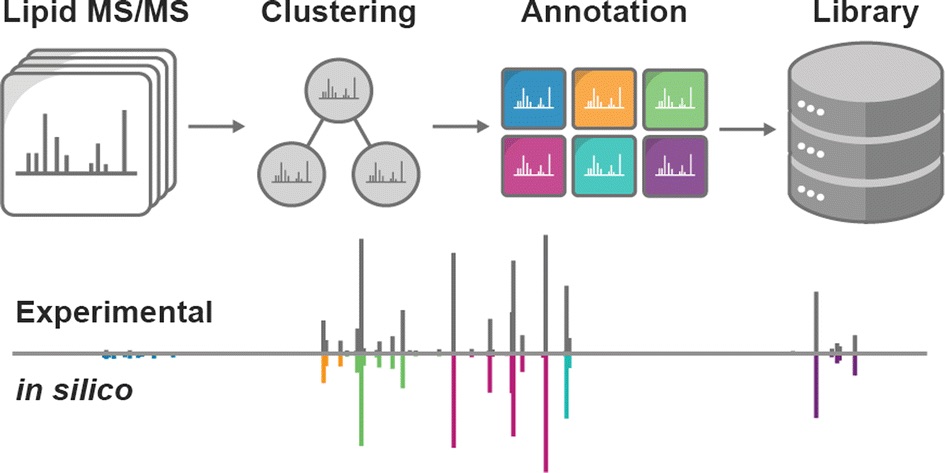Join us for our third annual mass spectrometry summer school,
which will be held in Madison, WI from June 15-18. We are proud to have
assembled over a dozen world leading experts in mass spectrometry for this
four-day course. Our goal is to provide our students, both from academia and
industry, an engaging and inspiring program covering the latest in the
application of mass spectrometry to omic analyses. Tutorial lectures range from
mass analyzers to the basics of data analysis. Also planned are several
hands-on workshops – aimed at both scientific and professional development.
This program is made possible by generous funding from the National Science
Foundation (Integrated Organismal Systems, Plant Genome Research Program, Grant
No. 1546742) and the National Institutes of Health National Center for
Quantitative Biology of Complex Systems (P41 GM108538). As such, there is no
cost to participate.
Registration open through March 1, 2020: https://www.ncqbcs.com/resources/training/summer-school.
Please help us spread the word about this program by sharing the news with
anyone who might have possible interest to participate.
See below for a list of expert instructors who will be leading the courses, as well as premium tutorial lectures and hands-on workshops that you can experience.
Thank you,
Josh Coon, Evgenia Shishkova, and Laura Van Toll (organizing committee)
Expert Instructors:
Scott McLuckey | Purdue University
Rachel Loo | University of California-Los Angeles
Joshua Coon | University of Wisconsin-Madison
Donald Hunt (invited) | University of Virginia
Shawnna Buttery | STAR Protocols
Jesper Velgaard Olsen | University of Copenhagen
Lingjun Li | University of Wisconsin-Madison
Jürgen Cox | Max Planck Institute of Biochemistry
Edward Huttlin | Harvard University
Susan Olesik | Ohio State University
Evgenia Shishkova | University of Wisconsin-Madison
Jessica Prenni | Colorado State University
Vicki Wysocki | Ohio State University
John Bowden | University of Florida
Tutorial Lectures:
Mass analyzers
Ionization
Tandem MS
Data acquisition
Quantification
Experimental design
Separations
PTMs
Metabolomics
Top-down/Native MS
Lipidomics
Hands-on Workshops:
Mass analyzers
Spectral interpretation
Publishing and reviewing
Science writing
Science illustrations



